Via Pod Peep comes the news that Osprey, a leading Military book publisher, is going to refer rejected books to the self-publishing service, AuthorHouse. This comes on the heels of Chronicle Books, primarily known as a publisher of illustrated books, though they publish others, to Blurb, which specializes in photography and other graphic-based books.
In both cases, Emily Veinglory of Pod Peep took the publishing houses to task. Mick Rooney – who writes for this site – wrote an informed article about how this takes advantage of writers. I’ll take the part of contrarian.
This could potentially be seen as a step forward for self-publishing, not a step back. In the past, when self-publishing was entirely illegitimate and not taken seriously whatsoever, this never would have happened. Now that self-publishing is being taken more seriously as a legitimate avenue, publishers can take this course. That they’re hurting due to poor book sales is not necessarily a mark against them – it’s their job to make money and stay afloat.
There may be no harm in a publisher – in their rejection letter – referring to a self-publishing house, saying, “Maybe you’d like to…” It is not necessarily twisting the arm of the writer, who has the free will to research other self-publishing houses and see where he or she would be a best fit. AuthorHouse is not the ideal publishing house, but it is not the worst either, and it is certainly one of the best known.
This new system was likely borne out of frustration with the quality of submissions, as well as current profit margins. There are probably a lot of books that come across publishers’ desks that deserve no other outlet than self-publishing. In this way, these publishers could be muddying up the waters of self-publishing by referring those books that shouldn’t be published, self or otherwise. But given the fact that these writers are already going through the submission process, and may even be agented, it is likely self-publishing was already a consideration, if a last resort.
That they are going to be sent an email that recommends a specific self-publisher does not trap them in a contract – it is only a recommendation. If the author takes the bait and self-publishes with AuthorHouse, it’s not the fault of Osprey if the writer wasn’t ready to take on his own marketing, book design, etc. because that’s the nature of self-publishing and the writer should have realized that going in. A lot of writers may be naive about the publishing business and what self-publishing entails, but if you have the will to put together a book you should also be able to research publishing avenues.
A commenter on Mick Rooney’s blog says,
From an author’s viewpoint, not to mention a reader, it has the potential to be a disaster. The two forms of publishing are very distinct in terms of an author’s involvement, and any unsuspecting author who is “referred” to a self-publishing company in this way (be it by AuthorHouse, a literary agent or a publisher in a referral programme), this may be a distinction they do not fully grasp.
Perhaps it comes down to how the correspondence is worded. If it says, in screaming headlines, “Be a Published Author!!!” ala a low-rate self-publisher like Publish America, then this is manipulative. But if it merely says, “We simply can’t put out all the books we’d like to publish. Perhaps you want to look into self-publishing. AuthorHouse is one such avenue,” that’s making more clear that this is an offer for self-publishing and not traditional publishing. Chances are that places like Osprey or Chronicle are not going to go the deceitful Publish America route.
Really, this seems like an inevitable evolution in the merging of traditional publishing and self-publishing. Self-publishing is becoming a sort of new slush pile, where some rise to the top and many are ignored. Traditional publishers are now picking up self-published books more regularly. That the food chain should also go in the other direction – from publisher to self-publisher – seems like an inevitable, and not too dangerous, convergence of the two industries.
Get an Editorial Review | Get Amazon Sales & Reviews | Get Edited | Get Beta Readers | Enter the SPR Book Awards | Other Marketing Services


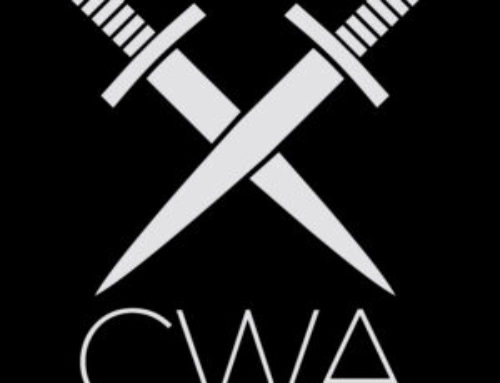
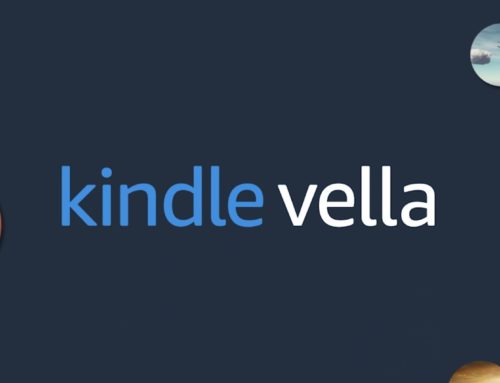
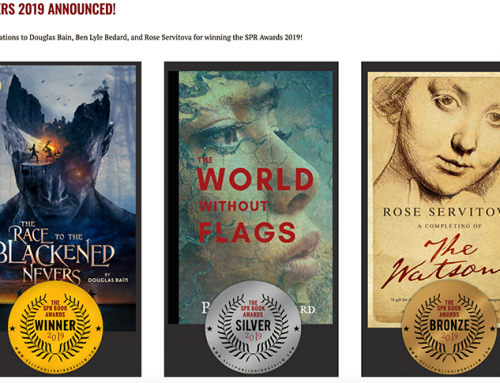
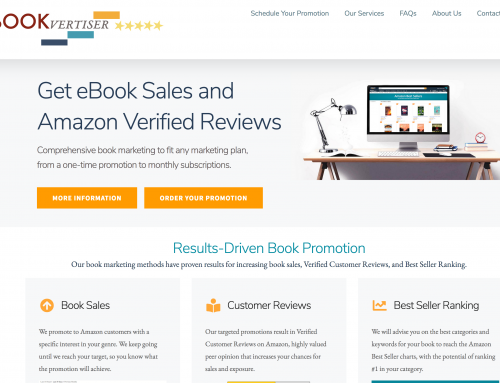
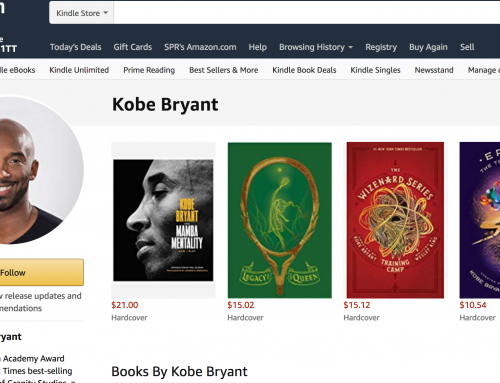
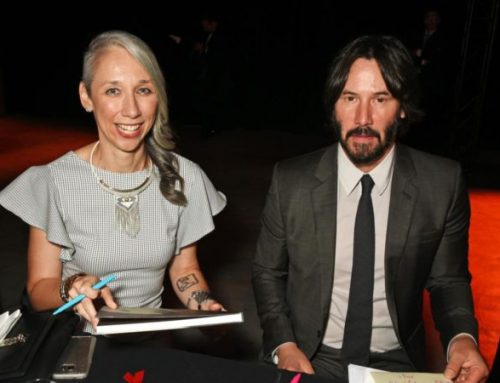
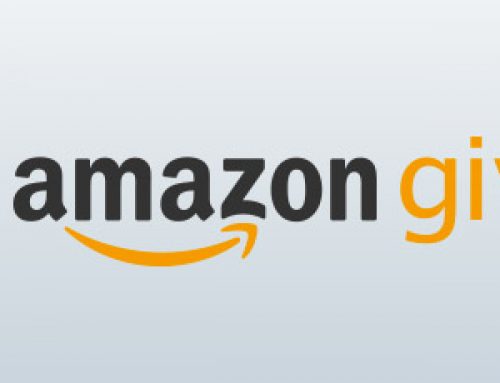

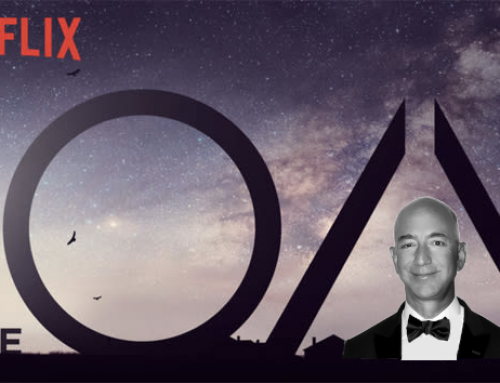
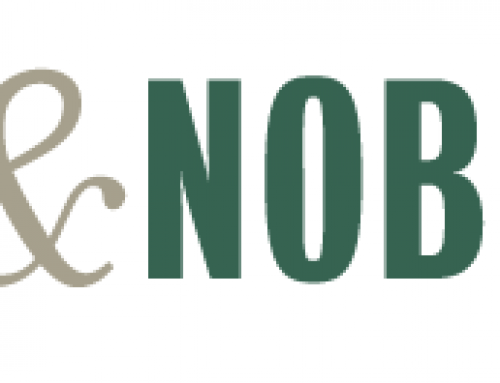
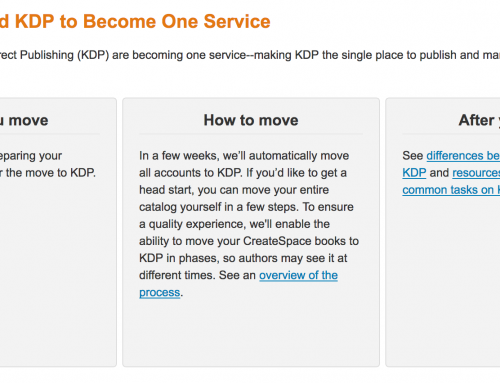
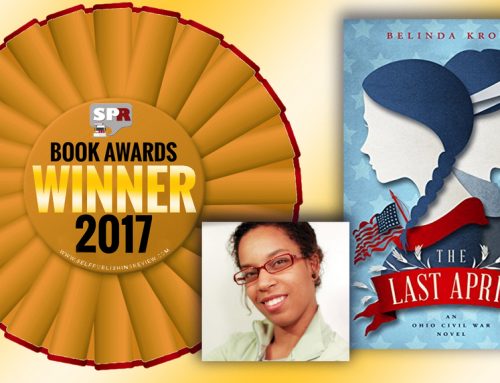
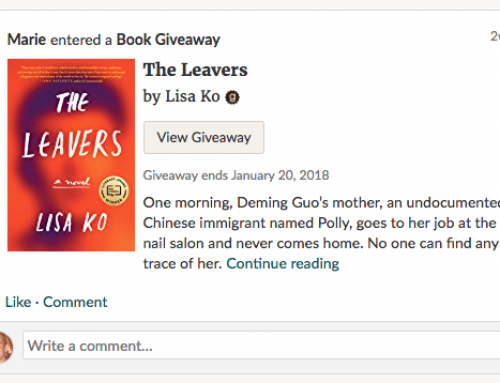
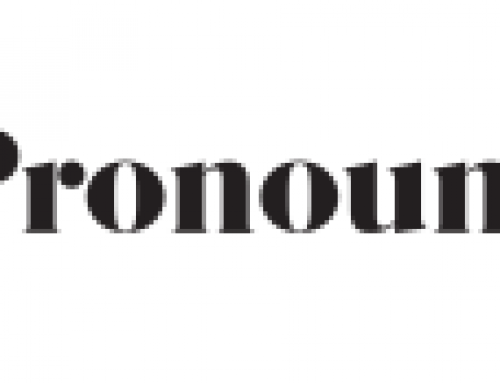
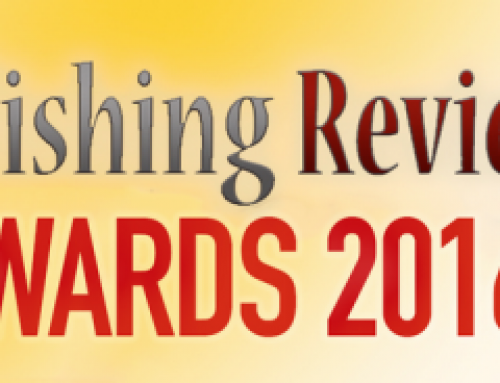
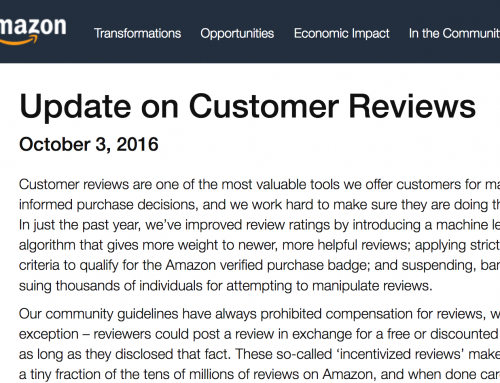
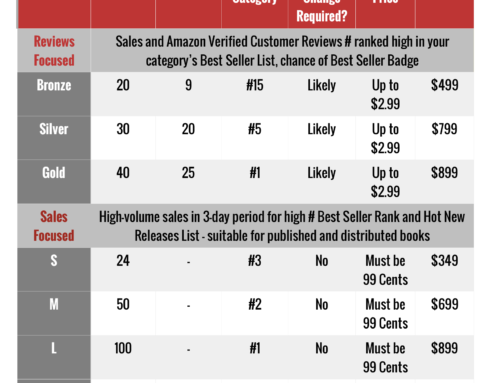
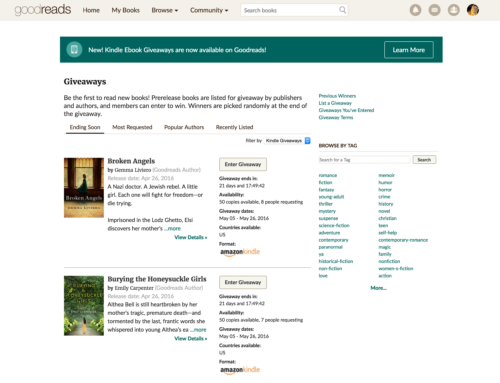
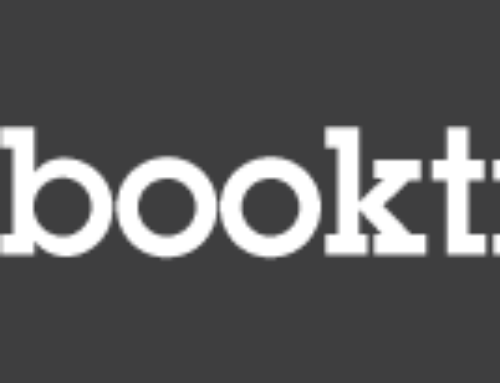
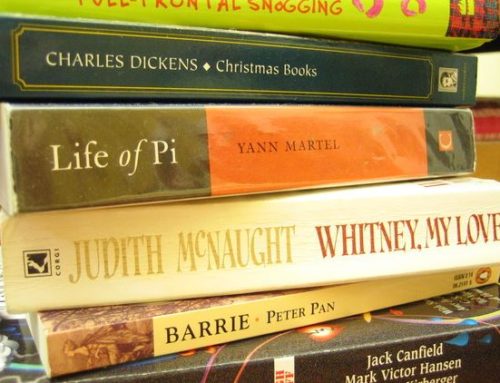
Henry,
I’ve viewed some of the feedback across a few forums over the weekend. I do see the point that self publishing is now being taken seriously as a medium for publication. I think at the moment, It’s a case of how you want to see it – the glass being half full (in favour of self publishing companies and authors as a means to publication) or half empty (in favour of tradition houses making a quick few bucks on referrals and the potential for unscrupolous self publishing companies to take advantage of authors lack of research).
It just highlights for me the two critical points I’ve found.
1. Authors considering self publishing don’t do enough research, and,
2. The business of Self Publishing companies is completely unanswerable to any body or organisation
Mick